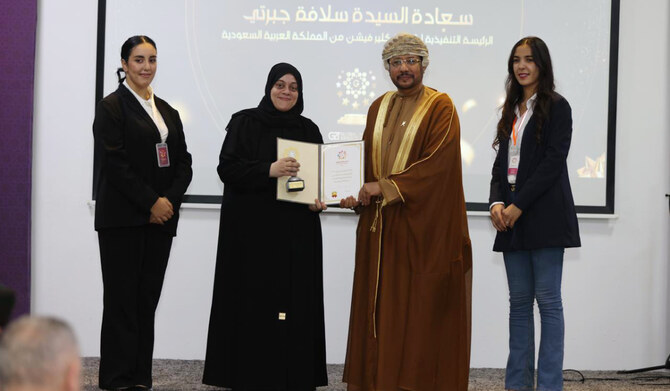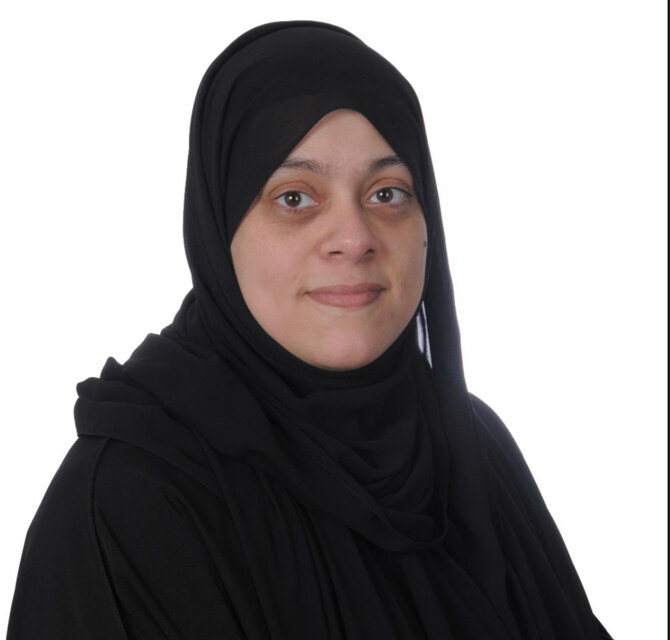RIYADH: One of the few Saudi women tech CEOs working in a male-dominated industry has opened up about the journey of building her own computer consultancy in Riyadh.
Sulafah Jabarti, who was born in Riyadh, founded information technology services company Clear Vision in 2003.
Jabarti told Arab News: “The beginning of my journey started when I realized the power of turning ideas into action.
“It wasn’t a single defining moment, but a shift in perspective, a recognition that the world of business, particularly in technology, could serve as a platform to enable my vision and drive meaningful change.”

Sulafah Jabarti, CEO Clear Vision
Like any other visionary trying to turn ideas into reality and create their own business, Jabarti faced challenges in building the right team, finding resources, and making sure her ideas were applicable and suitable to real-world needs.
One of her biggest challenges, however, was navigating the male-dominated tech world as a female leader, fighting the perception battle and striving to earn her colleagues’ trust, in addition to negotiating the steps every entrepreneur must take.
She said: “These experiences, while demanding, became catalysts for growth and innovation. What kept me going was a relentless focus on problem-solving, staying adaptable, and remaining grounded in the purpose behind it all: To create solutions that empower others and push boundaries in meaningful ways.”
What makes Jabarti’s experience so unique is that she is one of the few Saudi women to own and lead a holistic IT solutions and digital transformation company in the private sector. She recently became the first Saudi woman to win the Best 100 Arabian CEO Award for her work with Clear Vision.
She said staying true to her personal values and remaining focused on her growth were the defining factors in her business success and the personal connections she made along the way. She advises other entrepreneurs to follow a similar path.
Compromising one’s principles, ethics, and neglecting the people around you, or even yourself in the process, can result in even your greatest achievements feeling hollow, she said.
She added: “I would also advise against isolating yourself. No matter how capable you are, success is rarely achieved alone. Build connections, seek guidance, and don’t be afraid to lean on your support system.”
The key, she added, is to focus not solely on what you want to achieve, but on who you want to become along the way.
Jabarti said the most surprising part of building a business was how personal the process was, and realizing that success is as much about self-development and clever leadership as it is about innovation.
She said: “I saw business not as the goal, but as a powerful enabler: a space where creativity, strategy, and impact intersect.”
In terms of what is next for Clear Vision at the corporate level, Jabarti said the company is committed to pioneering solutions in artificial intelligence, data analytics, and sustainable technologies; exploring new verticals to diversify its impact and secure its relevance in a continuously evolving digital landscape.
“We are committed to empowering organizations to not only thrive in the digital age but to lead it,” she said.
Contributing to something larger than the individual and leaving a positive mark both on the business world and on home communities are the overarching aims that give Jabarti the drive and motivation to constantly grow and innovate.




























